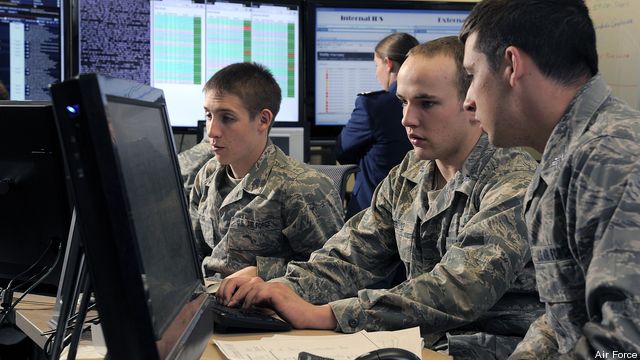
‘Hack The Army’ Uncovers 238 Cyber Vulnerabilities
"We cannot afford a ‘next time we will do better’ mentality," said one Defense Digital Service participant. "I strongly believe a proactive approach is critical, which means finding potential problems and addressing them before they are realized."





